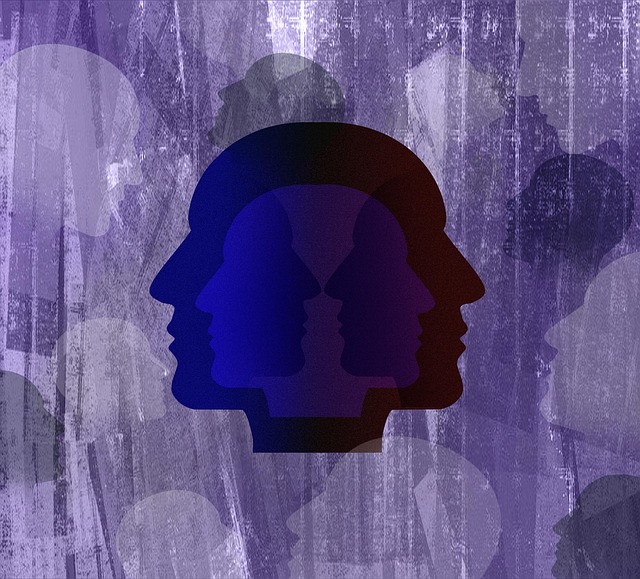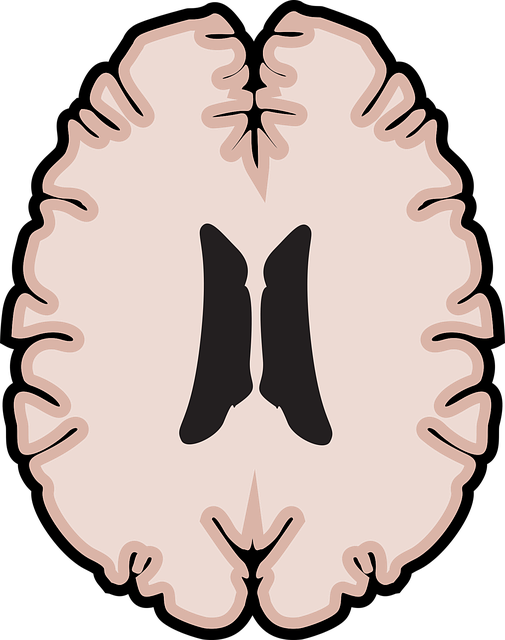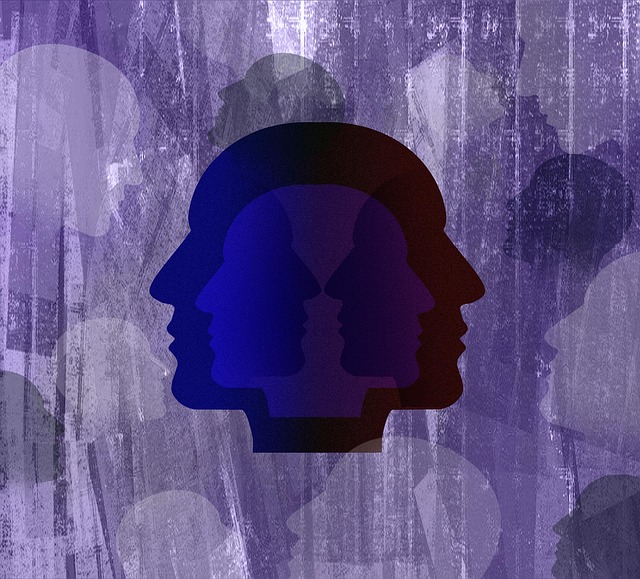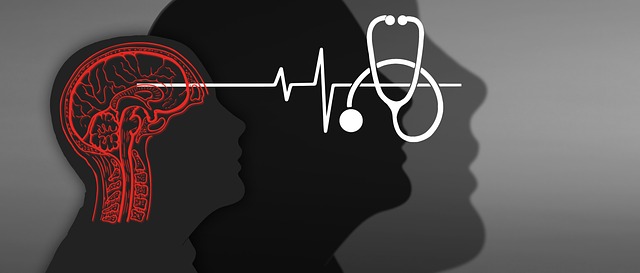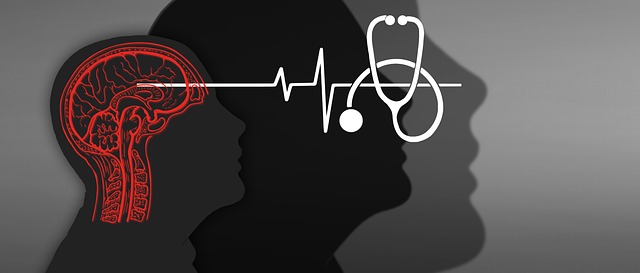Resilience, a key component of mental wellness, is enhanced through Recovery-focused Mindfulness (RFM), inspired by Parker EMDR Therapy. This approach combines tailored mindfulness practices with individual needs, helping people manage challenges and reduce stress/trauma responses. As demonstrated in mental wellness podcasts, RFM tools significantly improve well-being and quality of life. Parker EMDR Therapy, developed in the 1980s by Francine Shapiro, uses eye movement desensitization and reprocessing with bilateral stimulation to heal trauma and anxiety, offering relief, insights, and emotional balance. Incorporating mindfulness meditation, physical activity, gratitude journaling, and healthy sleep habits reinforces mental resilience, especially beneficial for high-pressure professions like healthcare. Regular progress assessments and mental wellness journaling track individual growth, supporting informed adjustments and promoting personal empowerment in managing emotional well-being.
Resilience is key to navigating life’s challenges. This article explores RFM (Resource, Flexibility, Mastery) and its role in building resilience through effective psychological tools. We delve into Parker EMDR Therapy as a powerful method for emotional healing, offering a structured approach to process traumatic memories. Learn how incorporating daily resilience exercises can transform your mindset. Discover strategies to measure progress and maintain a resilient outlook, empowering you to embrace life’s obstacles with strength and adaptability.
- Understanding RFM and Its Role in Resilience Building
- Parker EMDR Therapy: A Powerful Tool for Emotional Healing
- Incorporating Resilience Exercises into Daily Life
- Measuring Progress and Sustaining Resilient Mindset
Understanding RFM and Its Role in Resilience Building

Resilience is a vital component of mental wellness, enabling individuals to navigate life’s challenges with adaptability and fortitude. This concept is closely intertwined with RFM (Recovery-focused Mindfulness), a therapeutic approach gaining prominence in the field of mental health education programs design. RFM draws inspiration from EMDR (Eye Movement Desensitization and Reprocessing) therapy, recognized as an effective method for treating trauma. By focusing on mindfulness practices tailored to individual needs, RFM empowers people to develop a deeper understanding of their thoughts and emotions, fostering resilience in the face of adversity.
The integration of RFM into mental wellness coaching programs development offers a comprehensive strategy for enhancing mental health. Through structured exercises, participants learn to observe their internal experiences without judgment, cultivating awareness that promotes emotional regulation. This process is particularly beneficial in managing stress and trauma-related responses, allowing individuals to respond rather than react to challenging situations. As demonstrated in various mental wellness podcast series production, RFM’s effectiveness lies in its ability to equip people with practical tools for building resilience, ultimately enhancing their overall well-being and quality of life.
Parker EMDR Therapy: A Powerful Tool for Emotional Healing

Parker EMDR Therapy is a highly effective approach that has revolutionized the field of mental health treatment, particularly for individuals grappling with trauma and anxiety. Developed by Francine Shapiro in the 1980s, this therapy type uses a unique combination of eye movement desensitization and reprocessing techniques to help clients heal from distressing memories and emotions. By focusing on specific memories while simultaneously engaging in bilateral stimulation—such as side-to-side eye movements or tactile taps—the brain is able to process and resolve these traumatic experiences, leading to significant improvements in mental wellness.
This innovative therapy has gained recognition for its ability to offer anxiety relief and promote emotional healing. During sessions, the therapist guides the client through a structured protocol, allowing them to confront and release deeply ingrained emotional responses associated with past traumas. By doing so, Parker EMDR Therapy empowers individuals to gain new insights, reduce the intensity of negative emotions, and foster resilience—a crucial aspect of maintaining good mental health awareness. The result is a profound sense of calm and well-being that extends beyond the therapy room.
Incorporating Resilience Exercises into Daily Life

Incorporating resilience exercises into daily life can significantly enhance one’s ability to navigate challenges and maintain emotional equilibrium. Simple yet powerful practices like mindfulness meditation offer a calming presence, helping individuals cultivate awareness and accept their feelings without judgment. This foundational skill is crucial for managing stress and preventing burnout, especially for healthcare providers who frequently face high-pressure situations. By dedicating just a few minutes each day to mindfulness exercises, professionals can better equip themselves to handle crises with clarity and composure, as advocated by the Crisis Intervention Guidance from organizations like Parker EMDR Therapy.
Beyond mindfulness meditation, other resilience-building strategies are accessible and adaptable for all lifestyles. Engaging in regular physical activity, practicing gratitude journaling, and adopting healthy sleep habits are simple yet effective ways to fortify one’s mental and emotional well-being. These holistic approaches, when integrated into daily routines, can serve as powerful tools for burnout prevention, fostering a sense of resilience that permeates every aspect of life.
Measuring Progress and Sustaining Resilient Mindset

Tracking progress is an integral part of building resilience through exercises like Parker EMDR Therapy. By regularly assessing individual growth and milestones achieved, one can gain valuable insights into what strategies are effective and make informed adjustments to their approach. This data-driven method allows for a more tailored and successful journey towards emotional well-being promotion techniques.
Maintaining a mental wellness journal is an excellent way to sustain this resilient mindset. Documenting thoughts, feelings, and experiences provides clear evidence of progress made over time. It also offers a safe space for self-reflection, encouraging individuals to identify patterns, triggers, and resources that support their resilience. This practice aligns with mental illness stigma reduction efforts by fostering personal empowerment and understanding, ultimately leading to enhanced coping mechanisms.
Building resilience is a transformative journey, and RFM (Recovery Factor Model) offers a structured framework. By combining techniques like Parker EMDR Therapy with daily resilience exercises, individuals can enhance their emotional healing and develop a more robust mindset. This holistic approach allows one to navigate life’s challenges with increased adaptability and strength. Measuring progress regularly ensures continued growth, fostering a sustainable resilient mindset that can significantly improve overall well-being.



